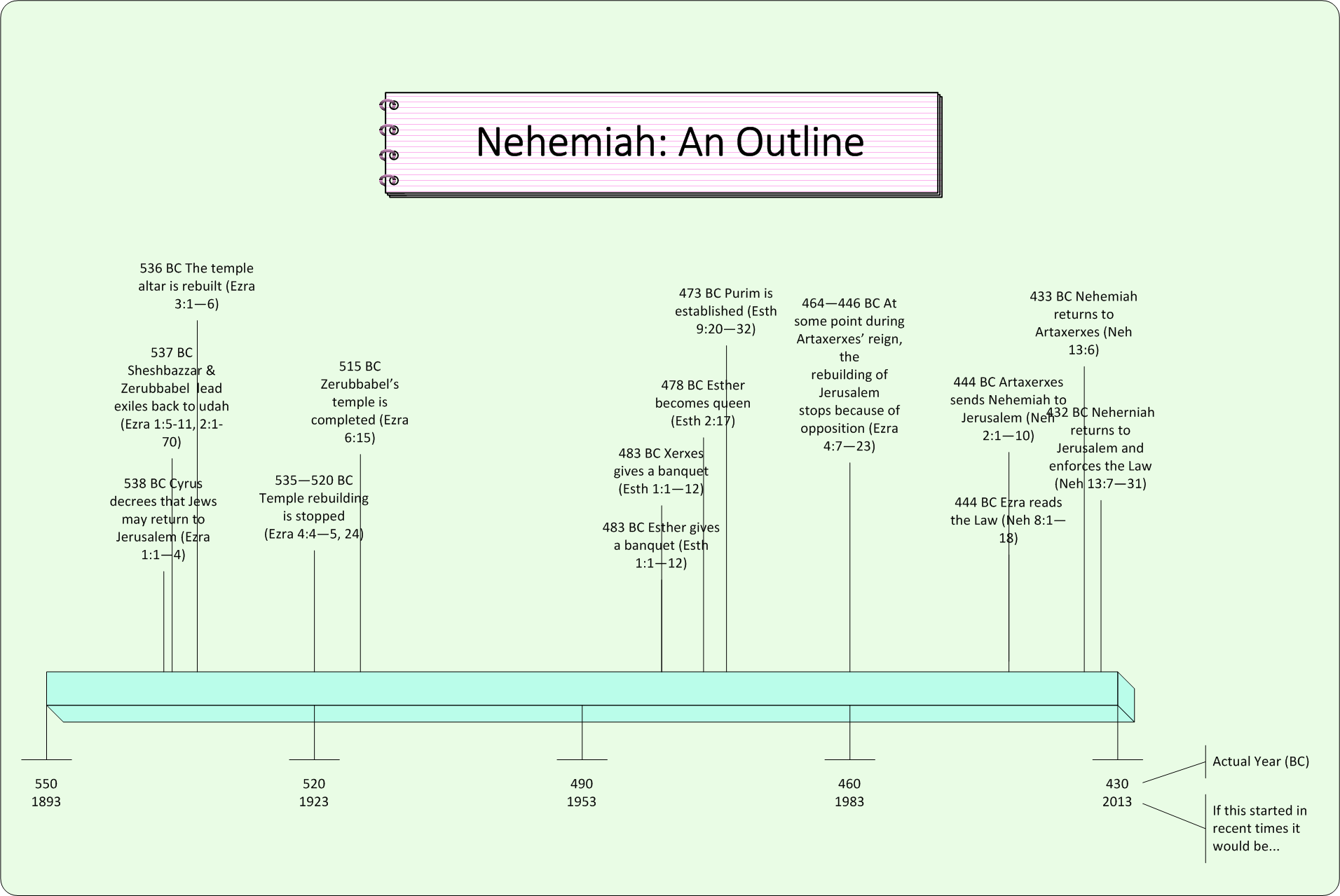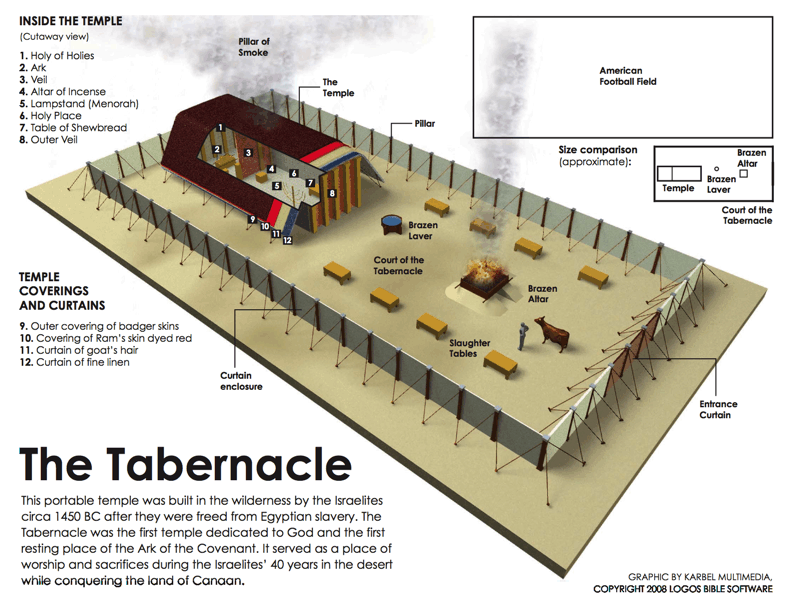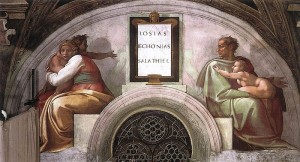
What defines a leader? Are they made, or can anyone be a leader? What’s the difference between a leader and a manager, a coach, an officer, or political office holder?
Steven Covey called them by another name.. In his best selling self-help / business book, The Seven Habits of Highly Effective People, he includes “Be proactive,” “Begin with the end in mind,” Think Win/Win” and so on.
Sports offers a different kind of model, “overcome adversity,” “Leaders aren’t born, they’re made” (Lombardi), Bobby Knight’s “either you’re in or you’re out,” and a personal favorite from Yogi Berra: “90% of this game is half mental.”
What does God say about leadership? He holds out many good examples, such as Abraham, Moses, Joshua, David, Daniel, and Nehemiah, whose book we will study.
A key point comes from the prophet Samuel:
When they entered, he looked at Eliab and thought, “Surely the Lord’s anointed is before Him.”
But the Lord said to Samuel, “Do not look at his appearance or at the height of his stature, because I have rejected him; for God sees not as man sees, for man looks at the outward appearance, but the Lord looks at the heart.” –1 Sam 16:6-8
God calls those ready, not ready (God had to wait 40 years before Moses was ready), those unwilling; again Moses, Gideon, and Jonah in Exodus 4, Judges 6:37-40 & Jonah 1.
God calls on those who communicate, with people as well s God. Again Moses was assisted by God communicating with people through his brother, and often spent spent up to 40 days in communion with the Almighty.
Nehemiah makes no less then 11 recorded prayers in the book, a testament to his reliance and close communion.
Nehemiah relies on, and acts on faith in God’s goodness and promises, having committed himself to God, he takes decisive action, often at personal risk, ridicule, and threat of personal harm.
Nehemiah had a deep passion for the problems he observed. This lead him to “constructive dissatisfaction.” He allowed the passion, under God’s control, to impel him to action guided to achieve God’s desire that His Temple be completed, and that the people of Israel take the 70 year lesson of captivity to heart and return to Him and thus be reformed.
Timeline:

In 538 BC Cyrus decreed the Jews could return to Jerusalem and rebuild a direct fulfillment of Daniel’s famous Seventy Weeks’ Prophecy recorded in Daniel 9:24-27
Zerubbabel began the return from exile nearly 100 years before Nehemiah began his journey there. A group of exiles had begun rebuilding the Temple, but and become discouraged after the locals plot to compromise the work was rejected by Zerubbabel and Jeshua, the governor and high priest, respectively.
After an interim period (during which the book of Hadassh, or as we know it, Esther, took place under Artexerxes.
After these things, the timeline of Nehemiah commences at 444 BC. Nehemiah remained as governor for 11 years after which he returned to his role as cupbearer for a brief time, and then returned to Jerusalem, overseeing it’s spiritual and national revival. He is recorded ceased his leadership role sometime before 400BC.
Book Outline:
| Chapters 1 – 7 | Rebuilding the Walls |
| Chapter 8 | Returning to Truth |
| Chapters 11 – 12 | Reforming a Nation |
| Chapter 13 | Reviving a People |
Summary / Thoughts
| Neh 1:1-3 | Chislev – Nov/Dec, 20th year. Of King Artexerxes. The style of writing appears to be from an excerpt of a personal record or diary. Josephus records that he overheard men speaking in Hebrew, and was thus attracted to the conversation, and his natural concern for people drove the conversation (Antiquities, Book 11 Chap 5 para 6) |
| Neh 1:4 | He reacts as a Godly man will, deep passion, fasting and prayer. Note the structure of his prayer: |
| Neh 1:5 | Acknowledging God’s attributes |
| Neh 1:6 | Calls for attention – Luke 11:1 and persistence in prayer |
| Neh 1:7-8 | A confession of his personal and national sin and its consequences |
| Neh 1:9-11 | An appeal to His promise to Moses and to the Jews (and us!) |
Memory Verse – When I heard these words, I sat down and wept and mourned for days; and I was fasting and praying before the God of heaven. Nehemiah 1:4
Application – I will pray with passion and purpose.


